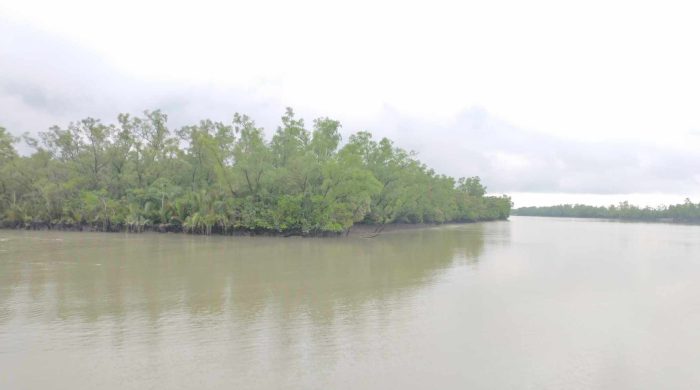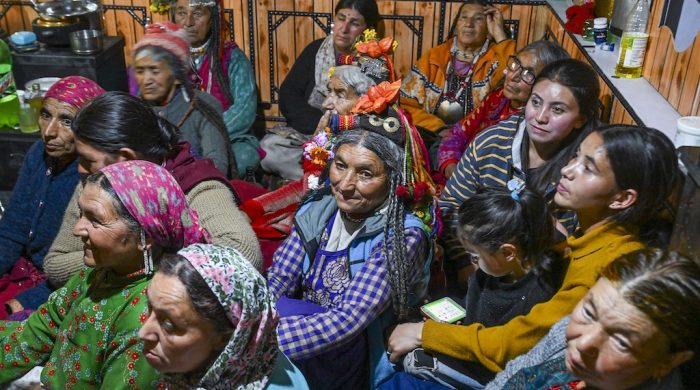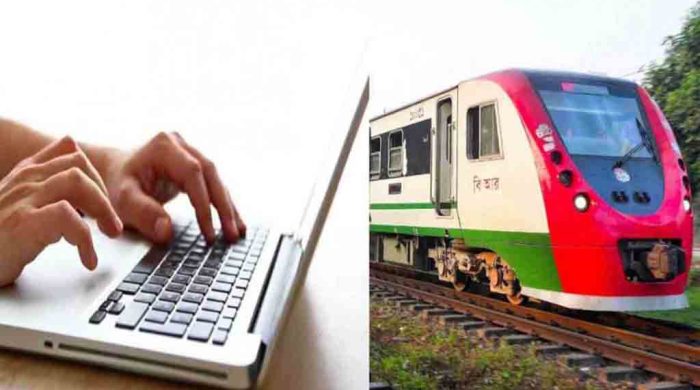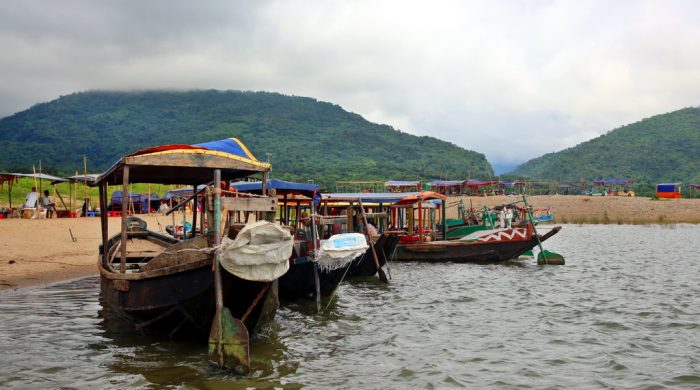Govt takes project to mitigate climate impacts in Durgapur, Netrokona

- Update Time : Saturday, June 26, 2021
- 204 Time View

The government has taken a project to mitigate waterlogging and deal with the adverse impacts of climate change in Durgapur.
The project titled ‘Addressing waterlogging and improving environment in Durgapur Pourasabha of Netrokona aiming to cope with climate change impacts’ is being implemented by Durgapur Pourasabha under the Local Government Division.
The Taka three-crore project was financed by Bangladesh Climate Change Trust Fund (BCCTF) in fiscal 2019-20.
In the fiscal 2019-20, 54 projects were approved from the fund for the eight divisions. However, Mymensingh division received the lowest number of projects. It got only three projects under the BCCTF created by the government. One project was allocated for Sherpur district and other two were for Netrakona district.
Durgapur is one of the country’s most vulnerable areas to climate change as it is located on the banks of hilly Someshwari River and at the foots of Meghalaya, which receives the highest rainfall in the world. The environment of the hilly landscape of Meghalaya has changed due to the recent global warming effects. Studies reported the changing treads in precipitation and temperature that has a huge implication in the adjacent northern part of Bangladesh territory.
Due to excessive precipitation in the upstream areas in Meghalaya state of India, Durgapur experiences flash flood, waterlogging and other water related problems every year, increasing the plights of the local people.
Ripon Miah, a resident of Ukilpara in Durgapur, said waterlogging is created in the municipality areas due to excessive rainfall, while many areas like Madhya Bazar, Mukterpara, Ukilpara, Rabidaspara and Shadhupara are badly affected by waterlogging every year.
These areas remain waterlogged for about four months in a year, he said.
Many public and private establishments are also affected from waterlogging. Jahura Jalal High School, Upazila Parishad, court area, Bidya Neketon School, sub-registrar office, Baitun Aman Mosque and Susang Degree College are hit hard by water congestion each year.
Manzurul Ahsan, a resident of Shibganj, said when flood water comes from the upstream areas due to high precipitation there, most areas of the municipality go under flood water.
“And when flood water recedes, waterlogging is created in these areas, affecting both the lives and livelihoods of locals and environment as well,” he said.
Ahsan said the authorities concerned should take more projects here to mitigate the sufferings of people and cope with the consequences of natural disasters induced climate change.
Abdur Rashid Morol, councilor of Ward No. 8, said when flash flood hits many parts of the Durgapur municipality, people cannot stay at their homes.
Flood water inundates their homesteads and washes away their cattle and other belongings, he said.
Naushad Alam, assistant engineer of Durgapur Municipality, said Durgapur is one of the highly vulnerable areas of the country due to climate change as rainfall occurs here nine months in a year.
Under the project, he said, around 1,500 metres drain is being constructed in the municipality area so that rainwater can run off easily.
Naushad, also the project director, said the project was supposed to be completed by 2020 but its timeframe was extended by one year due to delay in fund disbursement. “We have received only the first installment of the project allocation so far,” he said.
About 65 percent work of the project has already been completed and the rest of the work is expected to be accomplished within this year, he added.
The municipality engineer said waterlogging is a common phenomenon in the municipality and many areas of the municipality, including Shibganj, Dkumara and Shadhupara, are being affected by flood each year.
Once the project is implemented, he said, about 40 percent waterlogging of the municipality will be removed. Naushad said more projects should be taken in Durgapur to ease the sufferings of the local people since they have long been facing water woes, including waterlogging.
Dr Muhammed Forruq Rahman, manager (research and advocacy) of Network on Climate Change in Bangladesh (NCC’B), said waterlogging is a catastrophic problem which creates huge burden on the society.
He said recent climate change implications such as longer monsoon and erratic rainfall aggravate waterlogging situation rapidly in Bangladesh.
“Bangladesh needs to work for climate smart policies to cope with waterlogging problem in a changing climate. Higher investment is also needed in the affected areas to improve drainage system,” Forruq said.





















